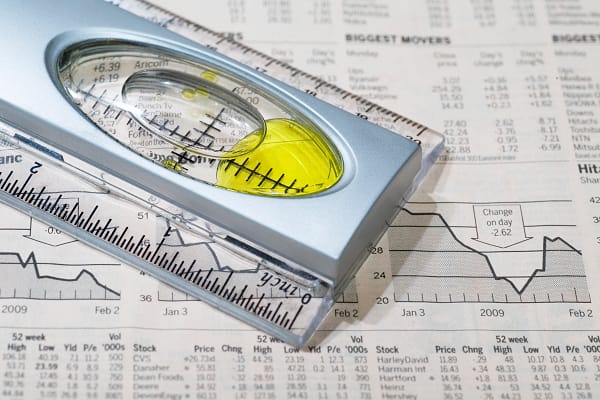As the coronavirus pandemic continues to disrupt the global economy, there’s one silver lining to the changes happening around the world. People are saving more than ever before, as pandemic lockdown measures keeping unnecessary spending in check.
A British survey shows the average person has saved £459 since the lockdown began. More than two-thirds of respondents pocketed the cash they normally spend on drinks and eating out.
Meanwhile, the American personal savings rate — or the percentage of disposal income sent to savings — shot up to 33 percent. Up from just 8 percent, today’s savings rate has never been this high since the US Bureau of Economic Analysis started tracking it in the 50s.
At the same time, the UK and US governments have sent their citizens stimulus cheques, meaning more money may be in your hands. Do you know what to do with it all? Here are some ideas on how to use your money wisely.
Pay off outstanding debt
If you still have an installment loan, consider rolling your savings into your payments.
Some online installment loans direct lenders, which include MoneyKey, recommend making additional payments, as this may reduce the overall cost of your loan. These lenders won’t penalize you for making pre-payments, but this is not true of every lender.
Always read the fine print in your installment loan contract to ensure your lender shares the same policy. Some online installment loans direct lenders will charge you for making additional payments, so you must be careful before applying your extra cash towards your loan.
Create an emergency fund
One of the greatest effects of the pandemic is the realization people need emergency funds. Without rainy day savings, they’re totally unprepared for unexpected medical bills, repairs, or a loss of pay.
The typical emergency fund should cover three to six months’ worth of expenses. Savings of this size will easily cover the random unexpected auto repairs or medical bills that crop up, and you won’t have to rely on installment loans for help.
As the pandemic has shown, unexpected bills aren’t the only things you may contend with in the future. Unemployment, reduced hours, and a recession are all probable situations you may face, and the larger your emergency fund is, the better you’ll be able to handle them.
Skip traditional savings accounts
The average interest rate for a traditional savings account barely covers inflation. Eventually, inflation will outmatch your interest, and your savings will lose its value the longer you save.
A low interest rate may not be a problem for an emergency fund, as you’ll regularly tap into these savings to cover bills. But for savings for long-term goals, there’s a missed opportunity. A low interest rate means you’re losing money as you save it.
If you won’t need to tap into your savings at a moment’s notice, consider longer term accounts such as CDs (Certificate of Deposits), bonds, high-yield savings accounts, money market funds, and mutual funds. These investments offer a greater interest rate in exchange for a longer term. Since you won’t be able to touch them for years, or even decades, they’re ideal for things like retirement.
Bottom line
While the pandemic’s long-term economic effects may remain a mystery, one thing is for certain: less spending puts you in a better position to save. Consider how you spend your disposable income wisely.






Leave a Comment